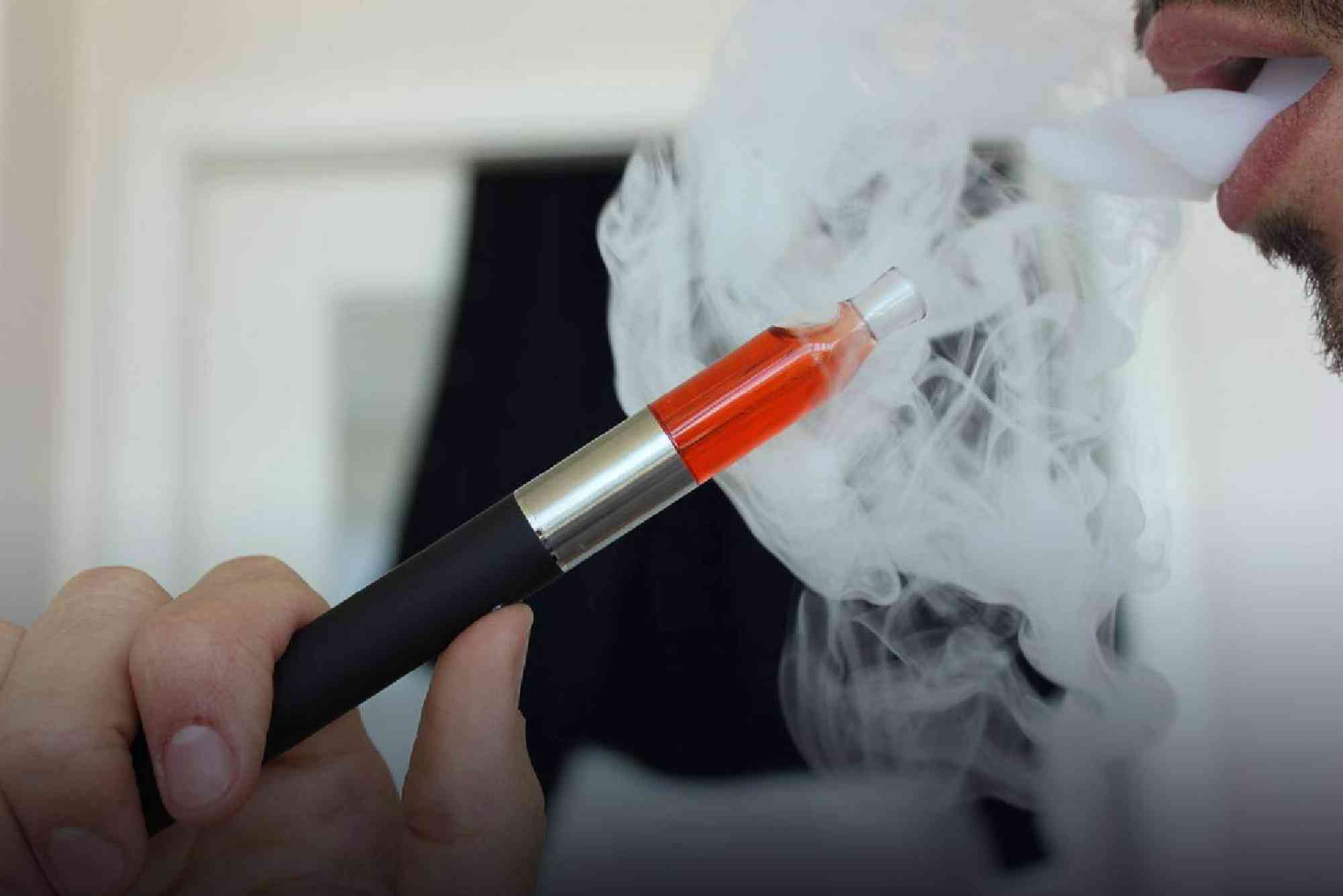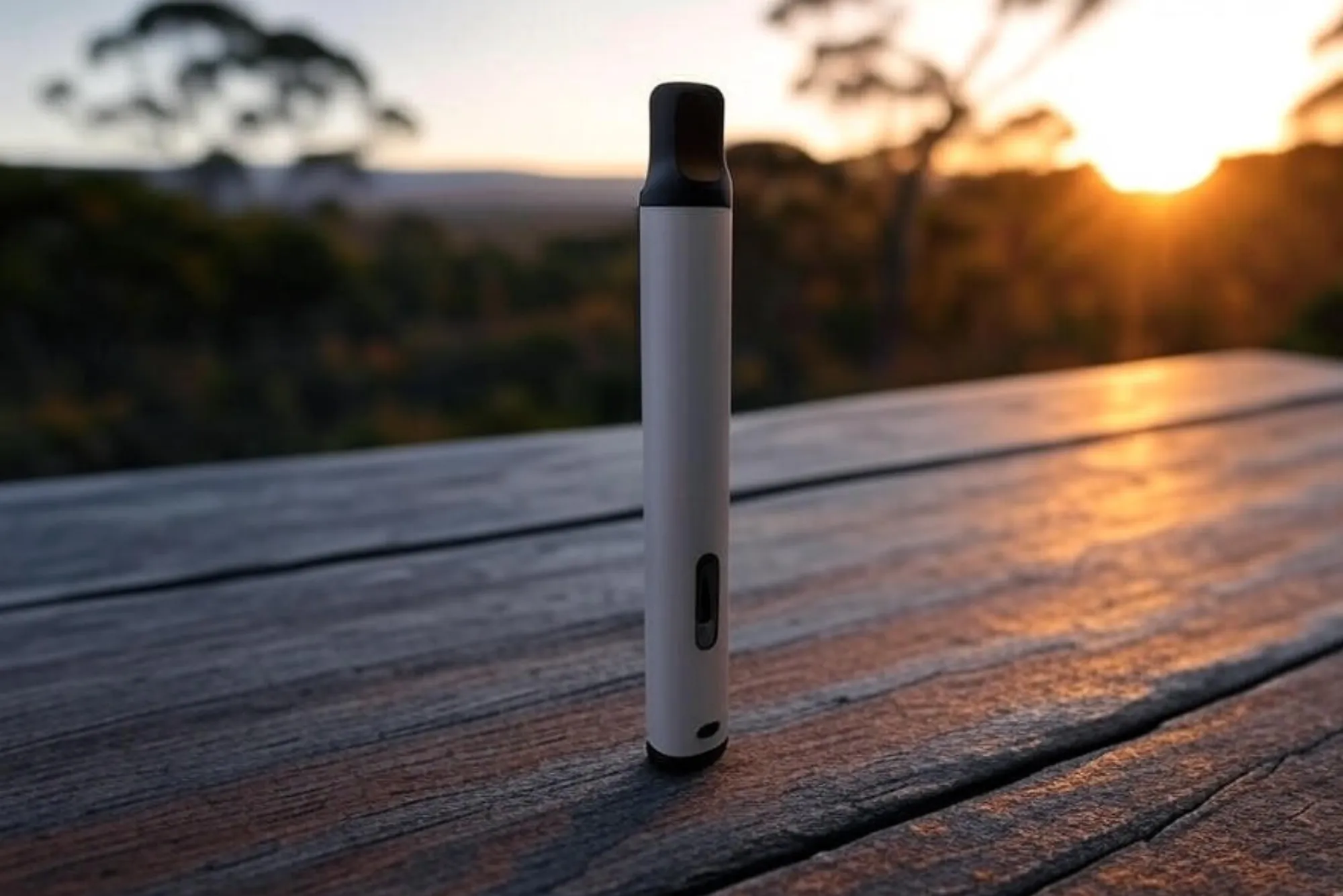Introduction
Vaping continues to grow in popularity across Illinois, but with that growth comes stricter laws and important safety considerations. In 2024, the state introduced updated regulations that impact how e-cigarettes, vape pens, and related products can be sold, purchased, and used. At the same time, safety issues such as vape battery overheating remain a major concern for users.
Understanding Illinois vape law 2024 is crucial for both consumers and retailers. Ignoring these changes can lead to fines, penalties, or even criminal charges. Likewise, failing to recognize the risks of overheating vape batteries can result in injuries, property damage, or worse. This article will explain everything you need to know about the current Illinois vaping regulations and the safety steps you must take to prevent battery hazards.
Illinois Vape Law 2024: What Changed
Illinois has been steadily tightening its stance on vaping. The updates in 2024 focus on protecting young people, regulating the retail environment, and ensuring compliance with broader health policies. The legal purchasing age remains set at 21, in line with federal law, and retailers face stricter enforcement if they fail to check identification.
One of the significant aspects of Illinois vape law 2024 is the way flavored products are restricted. Many cities and counties have introduced bans on flavored e-liquids, citing concerns over youth appeal. Retailers must stay aware of local ordinances because these rules can vary depending on location. Consumers should also note that ordering flavored products online may be prohibited or heavily monitored.
The 2024 law also strengthens tax enforcement. Vaping products are subject to excise taxes, and retailers must register properly to avoid penalties. This measure aims to reduce black-market sales, ensuring that products meet health and safety standards.
Where You Can and Cannot Vape in Illinois
Another important part of Illinois vape law 2024 is the expansion of smoke-free zones to include vaping devices. Many public places, workplaces, and educational institutions now prohibit the use of e-cigarettes. This means that even if traditional smoking areas exist, vaping may still not be allowed.
For example, restaurants, bars, and offices have largely aligned with the state’s Smoke-Free Illinois Act, treating vaping the same as cigarette smoking. Transportation hubs, healthcare facilities, and government buildings are also strictly regulated. Violating these restrictions can result in fines, and repeated offenses may lead to harsher consequences.
For individuals who vape, this means being mindful of posted signs and respecting rules in public spaces. For business owners, compliance is essential to avoid liability.
Penalties for Violating Illinois Vape Law 2024
The penalties under Illinois vape law 2024 can range from small fines to larger consequences. Retailers who sell to underage buyers face license suspensions, while repeat violations may lead to permanent loss of the ability to sell vaping products. Individuals caught vaping in prohibited areas may receive citations.
In addition, failing to pay vape product taxes or attempting to purchase products illegally can result in criminal charges. These measures emphasize the seriousness with which Illinois treats vaping compliance.
Why Vape Battery Overheating is a Real Risk
While understanding Illinois vape law 2024 keeps you legally safe, learning about vape battery overheating protects your health and safety. Lithium-ion batteries, which power most vape devices, are powerful but sensitive. If mishandled, they can overheat, swell, or even explode.
Overheating occurs when a battery is overcharged, exposed to extreme temperatures, or damaged. Poorly made or counterfeit batteries also carry higher risks. In many reported cases, overheating batteries have caused burns, fires, and serious accidents.
As vaping continues to grow in popularity, the risks connected with improper battery care increase. Many new users may not realize that their device requires the same caution as other electronics. Unlike phones or laptops, however, vape batteries are often smaller, removable, and more prone to misuse.
Common Causes of Vape Battery Overheating
Battery overheating can happen for several reasons. One of the most frequent causes is overcharging. Leaving a vape pen plugged in overnight may seem harmless, but constant charging can stress the battery. Another common issue is carrying spare batteries without protective cases. When loose batteries touch coins, keys, or other metals in a pocket or bag, they can short-circuit.
Using the wrong charger is another serious mistake. Some chargers push too much current into the battery, creating excessive heat. Low-quality devices or cheap chargers sold by unverified vendors are particularly risky. Physical damage is also dangerous. If a battery is dropped or punctured, the internal components may fail, increasing the likelihood of overheating.
Finally, environmental conditions play a role. Leaving a vape device in a hot car during summer or exposing it to freezing temperatures during winter can destabilize the battery. Understanding these causes allows users to adopt safer practices.
How to Prevent Vape Battery Overheating
Prevention begins with responsible charging. Always use the charger provided with your device or one recommended by the manufacturer. Avoid charging overnight, and unplug the device once it reaches full capacity.
Battery storage is equally important. If you carry spare batteries, use a protective case designed for vaping cells. This simple habit prevents accidental contact with metal objects, reducing the chance of short-circuits.
Regular inspection helps too. If a battery appears swollen, discolored, or damaged, it should be replaced immediately. Never attempt to repair a damaged battery. Instead, dispose of it at a designated recycling facility.
Keeping your device clean and avoiding exposure to extreme temperatures are additional steps. By adopting these safety measures, users not only protect themselves but also extend the lifespan of their devices.
Illinois Vape Law 2024 and Battery Safety Connection
You may wonder why Illinois vape law 2024 matters when discussing overheating. The connection is simple: the law aims to protect public health, while battery safety protects individual safety. Together, they ensure that vaping remains a less harmful alternative for adults without creating new hazards.
Retailers must now be more transparent about the products they sell. Many are required to provide information on safe use and handling, including proper charging instructions. In some areas, retailers may also be responsible for refusing to sell low-quality or unregulated devices that increase overheating risks.
For consumers, following the law means purchasing from licensed vendors. These vendors are more likely to sell authentic, tested batteries and devices rather than dangerous counterfeits. Understanding both the legal framework and the technical risks provides a complete approach to safer vaping in Illinois.
Frequently Asked Questions
Can you vape in public places in Illinois?
No. Under Illinois vape law 2024, most public places, workplaces, and educational facilities prohibit vaping, treating it like smoking.
What is the legal age to buy vapes in Illinois?
The minimum age is 21. Retailers must verify identification, and violations carry severe penalties.
Are flavored vapes banned in Illinois?
Many local jurisdictions restrict flavored products, especially those appealing to youth. Statewide, retailers must comply with both state and local rules.
Why do vape batteries overheat?
They overheat due to overcharging, physical damage, exposure to extreme temperatures, or using poor-quality chargers.
How can I keep my vape battery safe?
Use the correct charger, store batteries in protective cases, avoid overcharging, and replace damaged cells immediately.
Stay Legal and Stay Safe
Illinois vape law 2024 brings important changes that every vaper and retailer must understand. From age restrictions to flavored product bans and tax enforcement, the state is serious about regulating the industry. At the same time, safety concerns like vape battery overheating remind us that responsible usage is essential.




